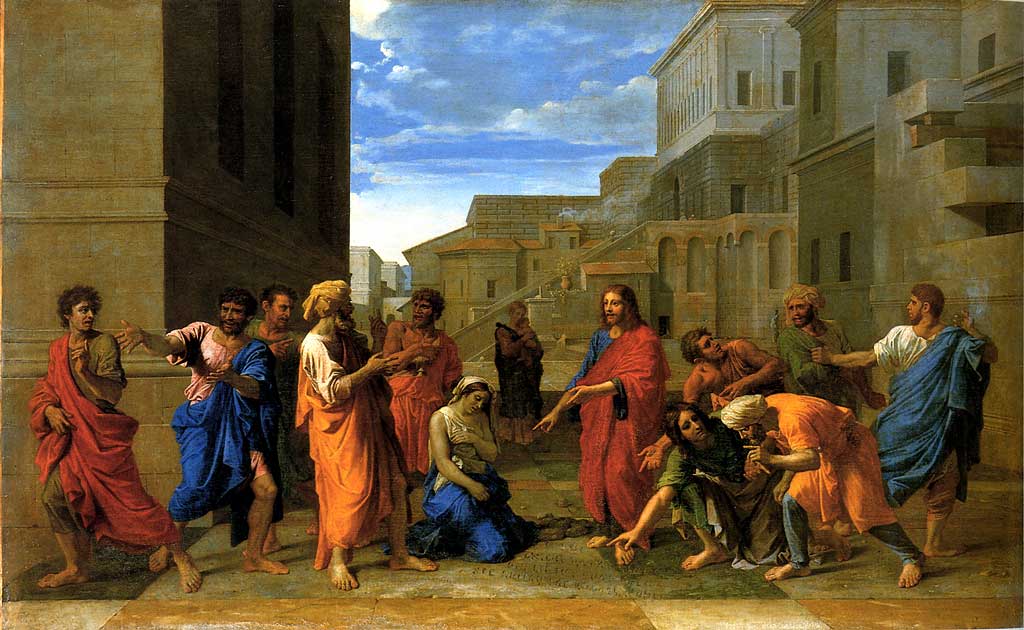
Easter
Sunday of the Lord’s Resurrection
Acts 10: 34. 37 – 43 / Ps 118 / Col 3: 1 – 4 or 1 Cor 5:
6 – 8 / Jn 20: 1 – 9
One
early morning, I was awakened by the voice of my father. Since, we were in the
retreat house, he was calling home because he was asking my mother about his
sandals. He could not find them. After spending some search and rescue
operation inside the room, my father paused in silence and found his sandals.
Do you know where he found them? He was already wearing them! In life, we
always try our best to find things because having them can make our work
effective. When you misplace your cellphone, then, you look for it because
having your phone makes you more effective in communicating with others. We
even search for people because having them around gives us inspiration and
comfort. Kaya nga yung iba sa atin, mahanap at makita lang ang picture ni crush
sa Facebook, ok na ang araw nila! Simply said, having found the exact things
and right persons in life gives us joy.
This is
also the case in our Gospel reading today. Mary Magdalene and the disciples
were looking for Jesus. When Peter went inside the tomb, he did not find Jesus
but only the burial linens. And if we move forward the story, John tells us
that Mary Magdalene stayed outside the tomb weeping. She was weeping because
Jesus was nowhere to be found. But her sorrow turned into joy when the Lord
appeared to her. And such joy of finding Christ led her to run with joy to the
disciples carrying with her the joy of the Resurrection.
In our world
today, technology has succeeded in providing us with many opportunities for
pleasure but it has never given us joy. This is the great paradox – yes, people
are rich, famous, and powerful but their lives are empty, sad, in despair.
Thus, we ask ourselves, where can we find joy? Pope Francis in Evangelii
Gaudium boldly proclaims that “with Christ joy is constantly born anew.” And so,
like Mary Magdalene, we can only find joy in an encounter with Christ.
After
seeing Christ, Mary Magdalene brought her joy to the disciples. This too is our
challenge today. After finding joy in the resurrection of Christ, then, we share,
we give such joy to others. Blessed Paul VI beautifully reminds us that “joy
cannot be dissociated from sharing. In God, all is joy because all is giving.”
My dear friends, we are an Easter people because our joy comes from the Risen
Lord. Today, may I invite you to find the Risen Lord so that you will have joy.
And in finding him, never forget to share such joy with others!
I
started my homily with the story of my father. Let me then end with another
story of another father who is living in one of the condominium buildings in
Taguig. He was “on top of the world” because of his high paying job, his loving
and beautiful wife, and his responsible daughter. However, he admitted to me
that his life was empty. He was looking for real joy. One day, he decided to
stroll outside the business district and landed visiting a prison facility. He
joined the group that was visiting the prisoners. After a few days, he found
himself again visiting the prisoners until it became a regular part of his week’s
schedule. He became so close with the prisoners even to the point of attending
their court hearings. Despite the negative reactions from his friends, he
insisted on his prison visit because according to him, he found joy in his friendship
with them.
My dear
friends, Mary Magdalene found Christ in the empty tomb and that father found
Christ in the face of the imprisoned. How about you? Have you found Christ?
Where have you found him? Amen.





